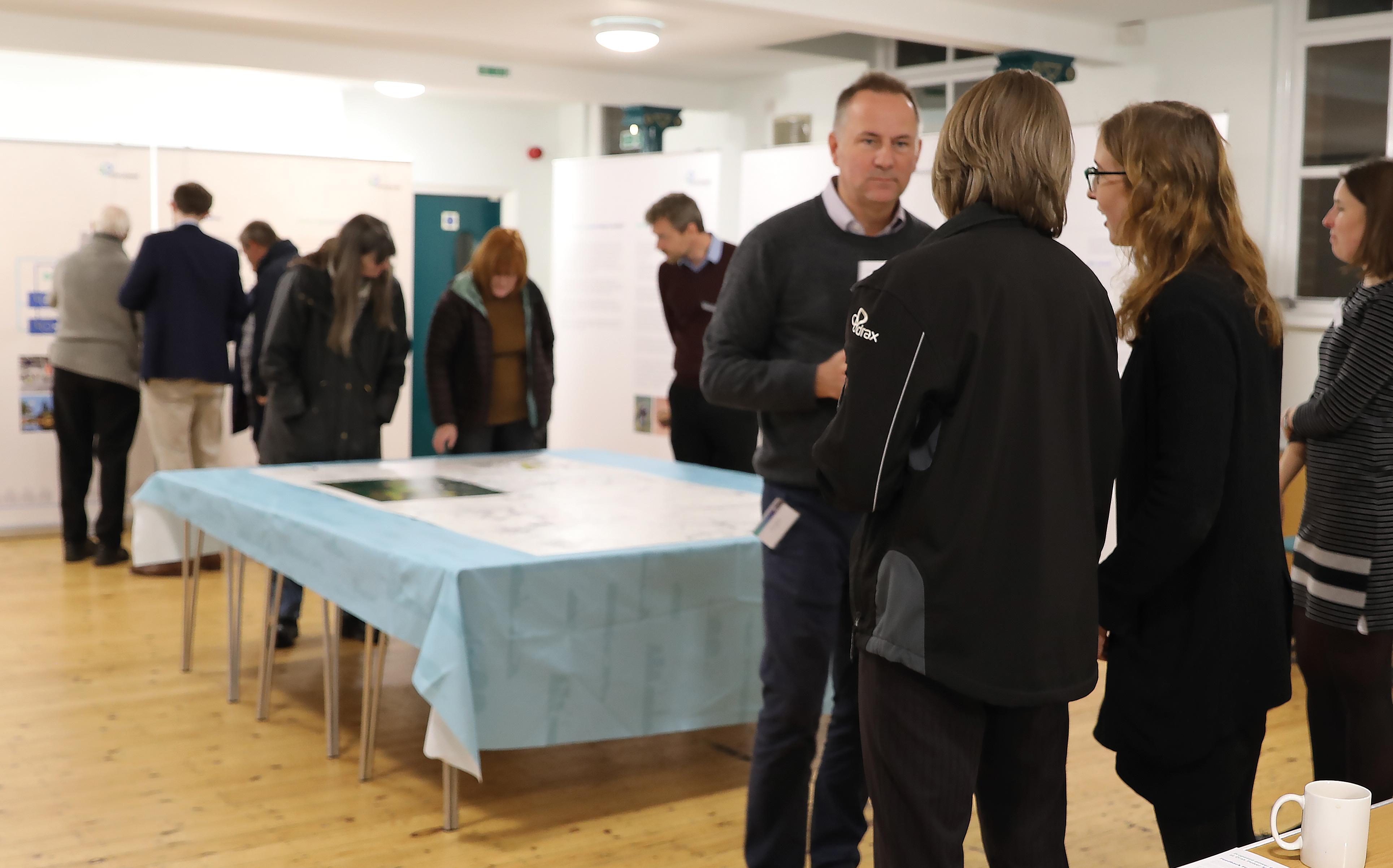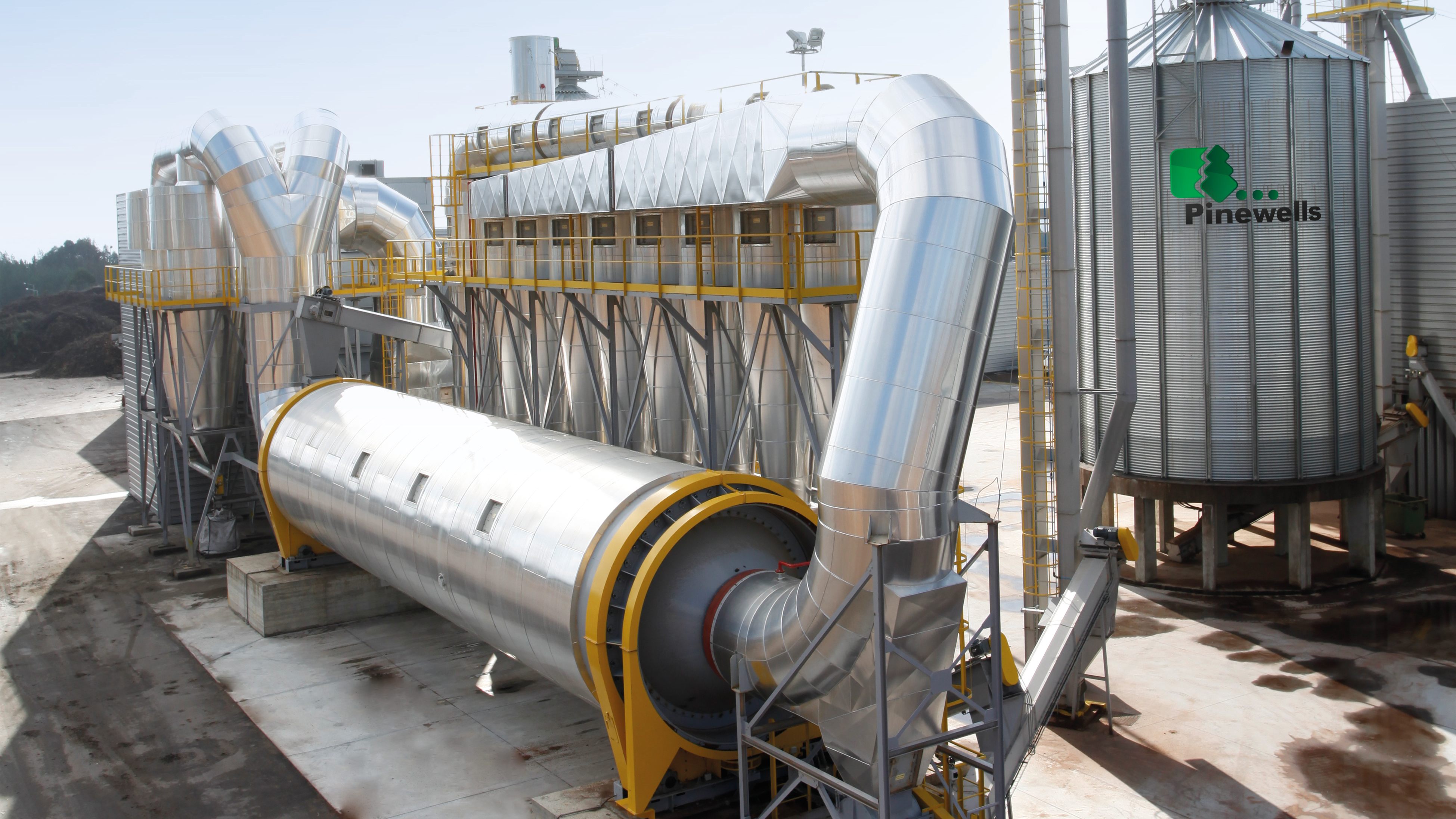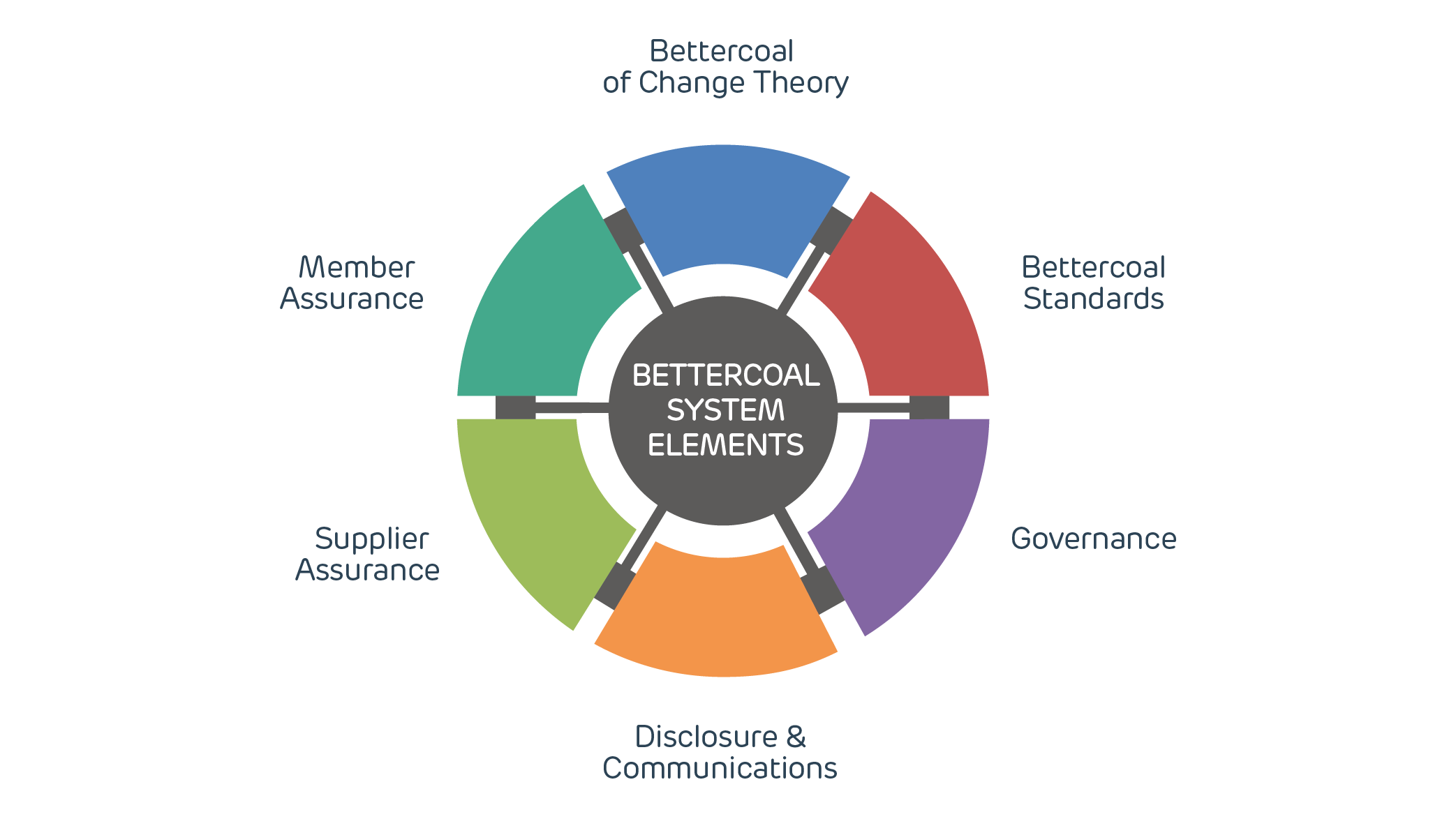
Our B2B Energy Supply business offers personal account management to our large corporate customers and our employees strive to support customers at every step. We aim to treat customers fairly at all times and commit to being professional, honest and transparent in our interactions.
Both Haven Power and Opus Energy have strict standards, outlined publicly in their respective “treating customers fairly” policies. The statements explain how we communicate with customers, transfer their supply, deal with billing and payment and how we handle complaints. Opus Energy publishes an additional performance standard confirming its commitment to customers. Employees receive regular training on providing a high level of customer service.
When things do go wrong, we are quick to make amends and resolve issues efficiently. We have publicly available complaints procedures and make it clear who to contact. At Opus Energy, complaints are overseen by the Customer Experience Board.
We are proud of the recognition both Haven Power and Opus Energy received for their dedication to customer service in 2017. Haven Power was shortlisted for “Supplier of the Year” at the Energy Awards 2017 and named the UK’s best performing energy supplier by Third Party Intermediaries (TPIs) in this year’s Cornwall Insight Report. Opus Energy won “Utilities Provider of the Year” at the British Small Business Awards 2017 and was shortlisted in the National Business Awards 2017.
Protecting customer security and privacy
We take the privacy and security of our customers’ data seriously. We are committed to maintaining effective and sustainable privacy and security programmes dedicated to ensuring our customers have confidence in our data handling practices.
As part of our commitment in this area, we appointed a Group Data Protection Officer to enhance our privacy compliance. We are in the process of updating our Privacy Compliance Programme to take account of new requirements of the General Data Protection Regulation (GDPR), enforceable in May 2018, and other associated new data protection legislation.
To support our privacy compliance process and organisation policies, we undertook an extensive technical Security Improvement Programme. We implemented industry-leading control measures to protect our customer and employee data by detecting and preventing threats and security breaches.
Programme initiatives included information protection, using protection technology to automatically detect personally identifiable information and protect it from unauthorised access and disclosure. In addition, advanced threat monitoring and analytics measures implemented mean we have layered toolsets designed to detect, identify, respond to and resolve cyber threats and attacks before they can happen.
Providing customers with great value and good ethics
Founded in 1860, Salisbury Museum is located in a Grade I listed building opposite Salisbury Cathedral. As a charitable, not-for-profit organisation, the museum relies on entry fees, grants, donations and the support of its members to continue its vital work. Finding a business energy supplier that offered the best prices on the market, as well as the right length of contract and good ethics, was important for the museum.
SMEs are a key part of Opus Energy’s business and they know that a business energy service that is as smooth and efficient as possible is a top priority.
Nicola Kilgour-Croft, Finance Manager at Salisbury Museum, commented:
“The switching process went through really smoothly, and the facility to receive invoices via email means I don’t need to spend time on the phone trying to sort out payment. Having 12-month contracts really works for us.
“We were looking for a business energy supplier that offered great value, combined with the right length of contract and good ethics – and Opus Energy ticked all these boxes for us.”
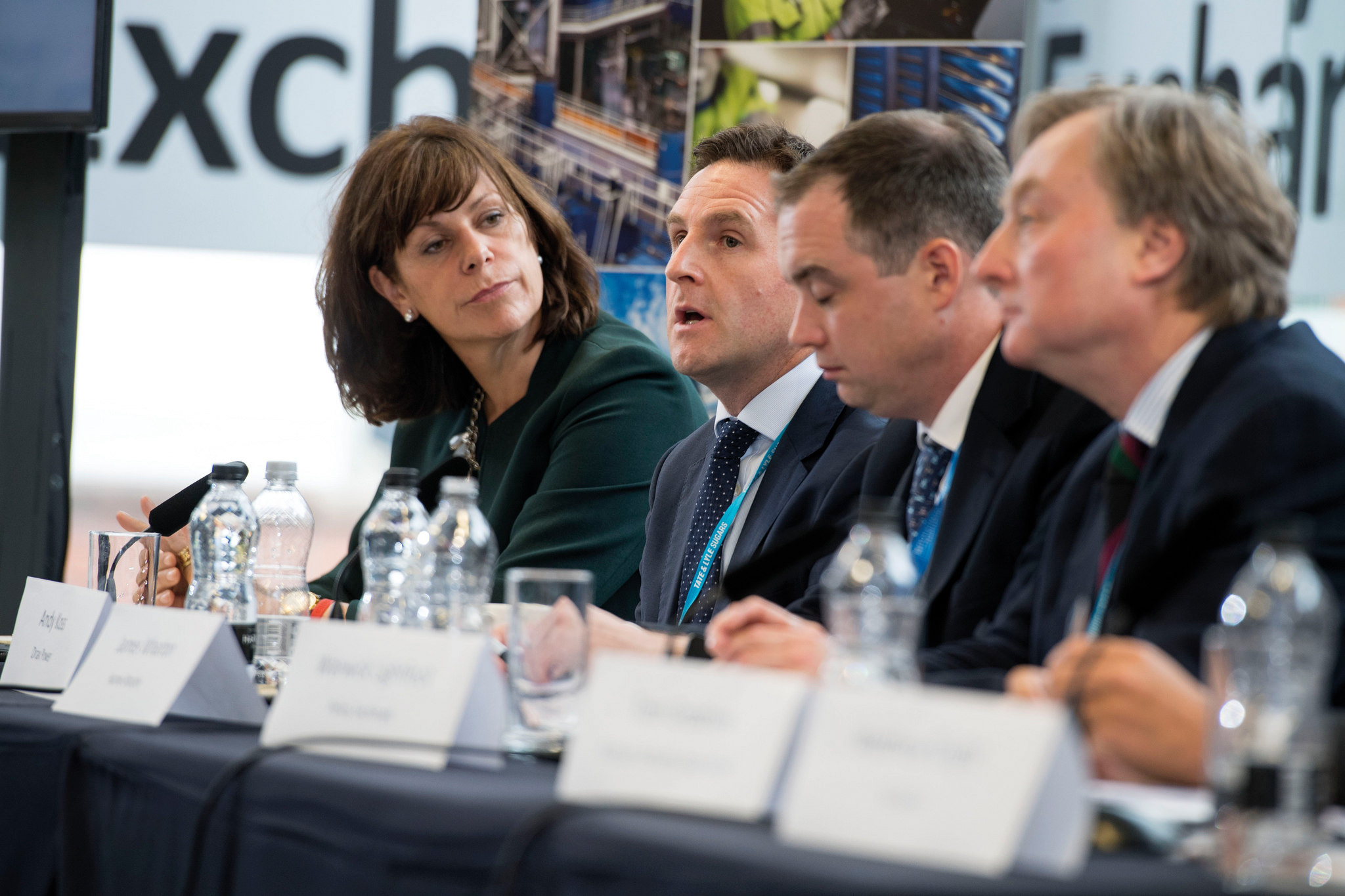
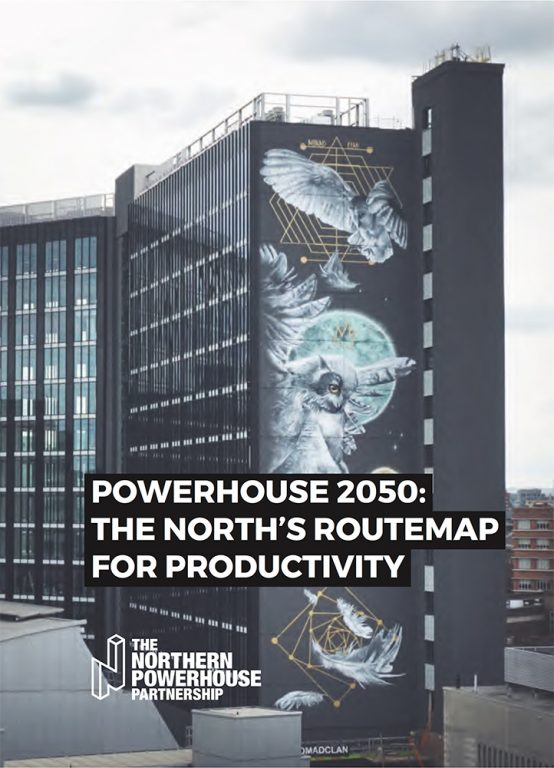 We are also represented on the board of the Northern Powerhouse Partnership, a group of leading northern businesses and civic leaders committed to maximising the economic potential of the North.
We are also represented on the board of the Northern Powerhouse Partnership, a group of leading northern businesses and civic leaders committed to maximising the economic potential of the North.








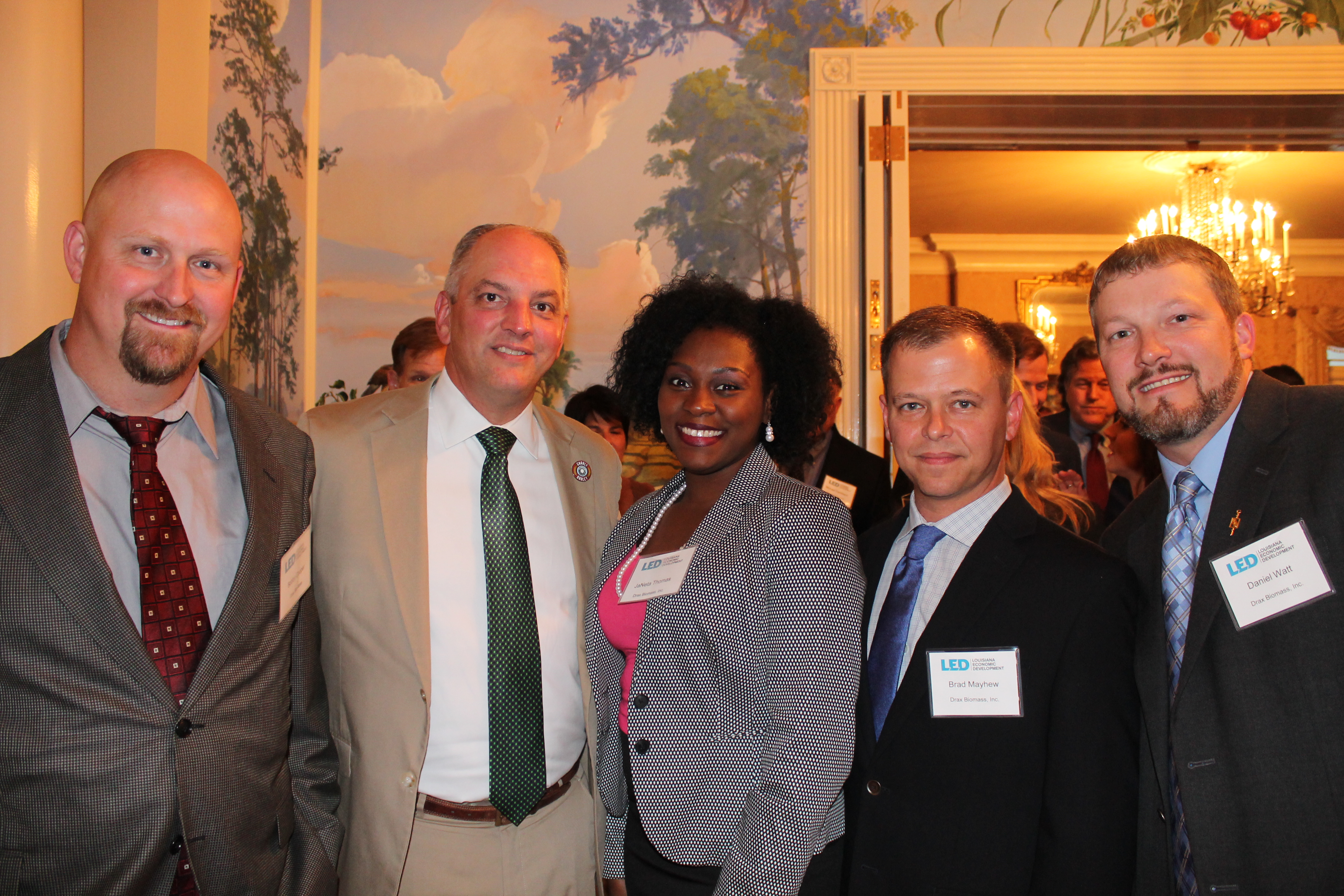
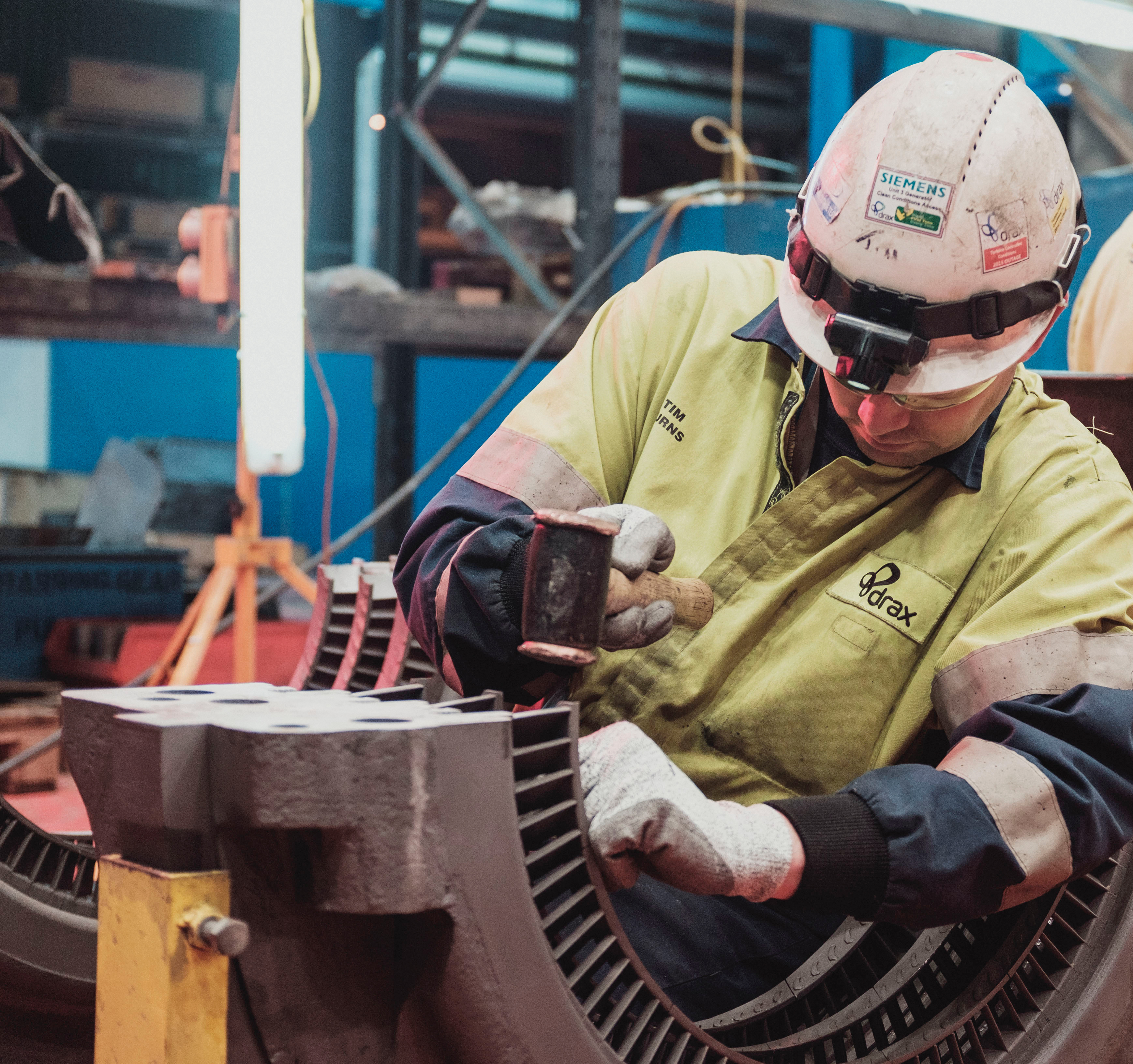
 We launched the five aspects of the strategy: my career, my performance, our behaviours, our reward, my recognition. In 2018, we will focus on all of these aspects and, in particular, our reward, my recognition and my career.
We launched the five aspects of the strategy: my career, my performance, our behaviours, our reward, my recognition. In 2018, we will focus on all of these aspects and, in particular, our reward, my recognition and my career.